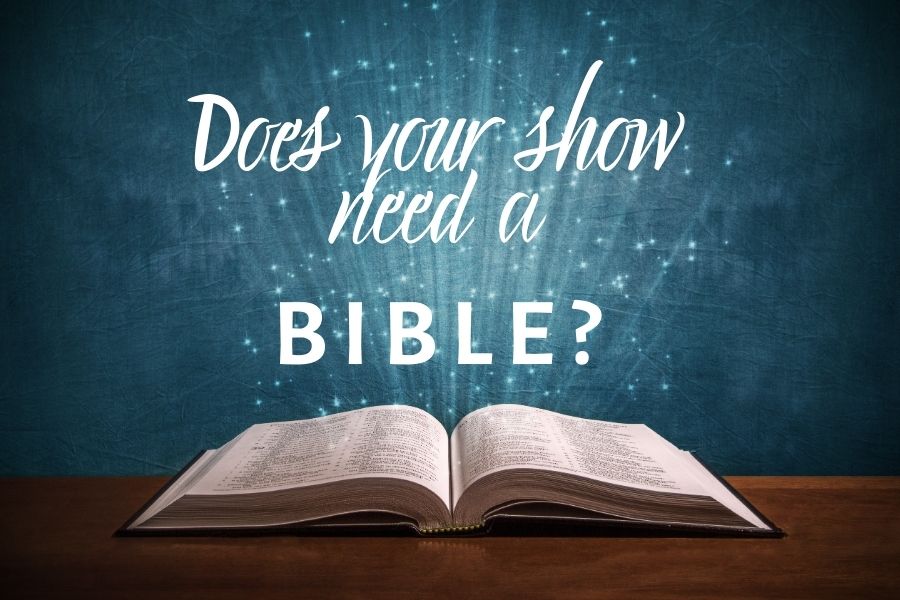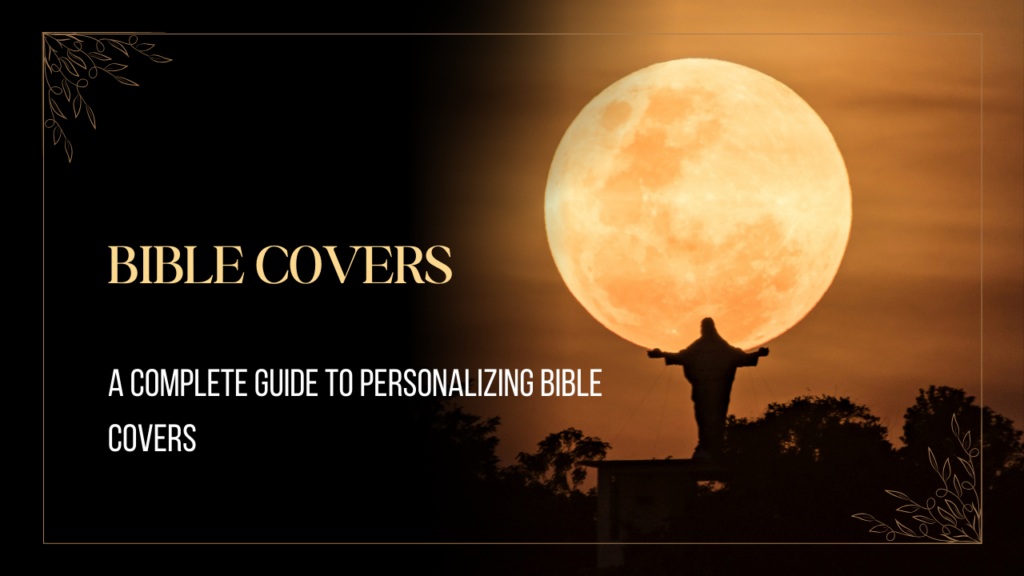What is the Bible Belt?

The term “Bible Belt” refers to a region in the United States known for its strong religious conservatism, particularly evangelical Christianity. It is typically located in the southern and central parts of the country and has a profound influence on the culture, politics, and values of the region. But what exactly makes up the Bible Belt, and why is it so significant?
History of the Bible Belt Region
The Bible Belt has deep historical roots, tracing back to the rise of evangelical Protestantism in the 19th century. Historically, it was known for being the center of revivalist religious movements, with a strong emphasis on personal piety and community involvement. Over the years, the Bible Belt became a defining feature of southern culture in the United States, shaping the area’s identity and values.
States in the Bible Belt
The Bible Belt spans several states in the United States, including Alabama, Mississippi, Georgia, South Carolina, Tennessee, Arkansas, Louisiana, and parts of Texas, Oklahoma, and Kentucky. These states are characterized by a high number of churches, religious schools, and community activities centered around faith.
The Role of Religion in the Bible Belt
Religion plays a pivotal role in the daily lives of those living in the Bible Belt. Christianity, particularly evangelical Protestantism, shapes much of the region’s social and cultural life. The influence of religion is evident in the Bible Belt’s strong presence of churches, religious schools, and family values. It also deeply affects political stances, as many residents hold conservative views on issues such as abortion, same-sex marriage, and gun rights.
Cultural Influence of the Bible Belt
The Bible Belt’s cultural influence extends beyond just religion. Southern hospitality, a strong sense of community, and an emphasis on family values are hallmarks of life in this region. The Bible Belt’s unique cultural identity also manifests in local customs, traditions, and celebrations that emphasize family, faith, and community.
For example, religious holidays like Christmas and Easter are celebrated with significant enthusiasm, often with large family gatherings, church services, and community events. This sense of togetherness is central to life in the Bible Belt, where neighbors are often more connected than in other parts of the country.
Bible Belt and Evangelical Christianity
Evangelical Christianity is a dominant force in the Bibles Belt. The region has a long history of supporting evangelical movements, and churches often play a key role in shaping local politics, social norms, and community initiatives. Evangelical beliefs emphasize personal conversion, the authority of the Bible, and the importance of spreading the Christian faith.
Bible Belt Influence on Politics
The Bibles Belt plays a significant role in shaping political outcomes in the United States. The region’s conservative values make it a key area for political parties, especially during elections. Politicians often cater to the Bible Belt’s religious values by emphasizing pro-life stances, traditional marriage, and the importance of religious freedom. This influence is particularly evident in presidential elections, where candidates seek to secure the vote of evangelical Christians in the South and other Bible Belt areas.
The Bibles Belt Lifestyle and Values
Life in the Bibles Belt is heavily influenced by traditional Christian values. The region is known for its strong focus on family life, morality, and community involvement. Many residents maintain a close relationship with their local church, and activities like Bible study groups, prayer meetings, and volunteering are common. These values shape much of the Bible Belt’s lifestyle, from how people interact with each other to the types of businesses and services they support.
Economic Impact of the Bibles Belt
Economically, the Bibles Belt is diverse, with industries ranging from agriculture to manufacturing, and more recently, technology. However, religion still plays a significant role in the region’s economy. Churches often provide social services, while faith-based organizations contribute to community development and charity work. The Bible Belt’s conservative values also influence consumer habits, with many businesses catering to Christian tastes and preferences.
Changing Dynamics in the Bibles Belt
In recent years, the Bibles Belt has seen some significant changes. As the country becomes more diverse, younger generations are increasingly questioning traditional values. The impact of secularism, technology, and new social movements is slowly shifting the region’s religious landscape. Despite these changes, the Bibles Belt remains a stronghold for conservative Christianity, with many communities continuing to embrace the region’s traditional ways of life.

